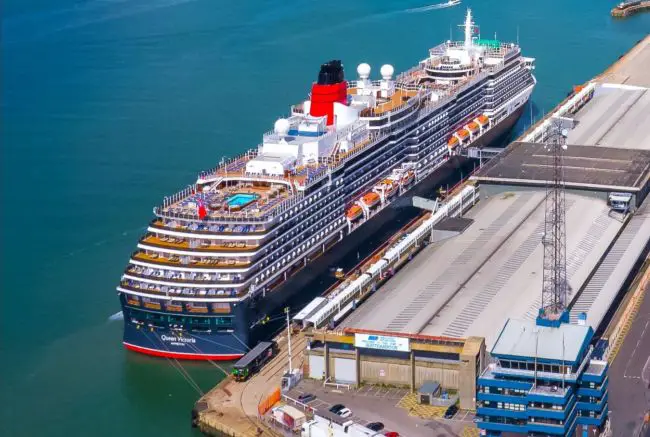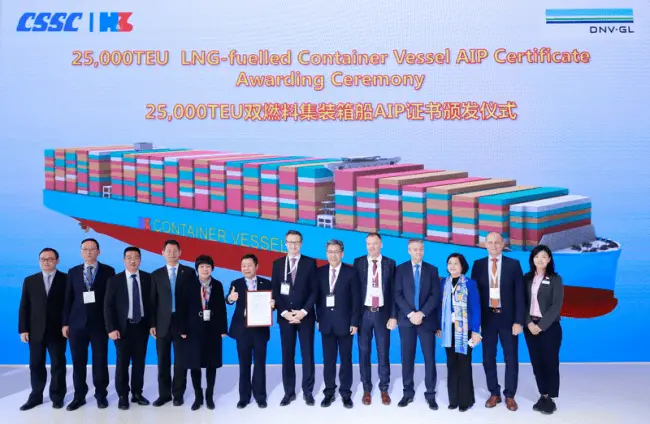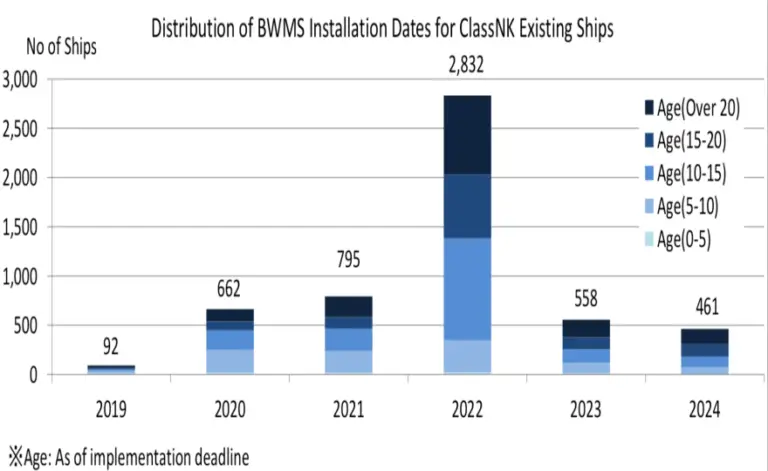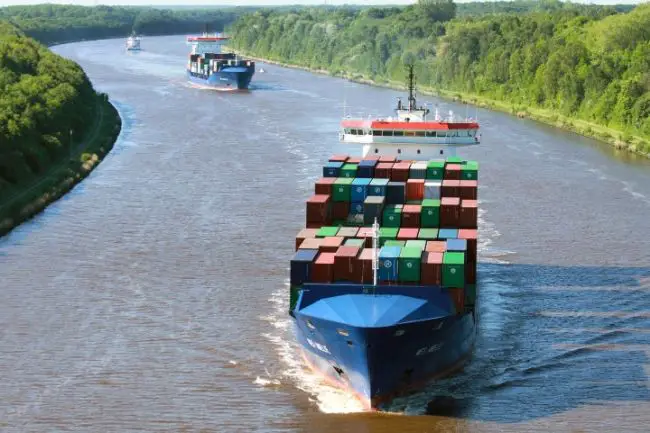BPA: Utilising Port Masterplanning To Drive Future Growth In Coastal Regions

A white paper has been published by ABPmer and the British Ports Association which shows how master planning can help in the growth of coastal regions and help ports communicate their plans and visions to stakeholders. Addressing the importance of port industry as an economic driver, the paper aims to help local, regional and national planners to be aware of the potential of masterplans.
The paper is a part of a Port Futures programme which is led by the industry trade body, the British Ports Association (BPA) and leading marine consultancy, ABPmer.
Both consider masterplans and their development process as a very useful way by which ports can shape and communicate their plans by joining in with regional planners.
Tony Brooks, Masterplanning lead at ABPmer said, “A masterplan outlines how a port intends to respond to change. It begins with what is happening at the port now, and why. It then explains what needs to happen in future. By going through the masterplanning process, ports can describe how they can facilitate development and investment whilst building in stakeholder interests. The process can be an invaluable way to transmit what developments and initiatives a port wants to drive forward.”
The BPA urged the central, regional and local policy makers to note of the masterplans of ports so that the abilities of the ports can be comprised in the broader strategies.
The BPA’s Chief Executive, Richard Ballantyne said, “At a time when sub national and regional bodies are exploring initiatives to drive growth and investment, this report highlights the potential and process through which ports can transmit their aims and aspirations to policy makers. We are also keen that the UK Government updates its Port Masterplanning Guidance for English ports which hasn’t been refreshed for over a decade. This needs reviving and we’d like to encourage some discussion with the devolved administrations as to how masterplanning might be recognised in other parts of the UK.”
The BPA has collaborated with ABPmer that had also supported parent company Associated British Ports on several port masterplans around the UK and also has a great experience in the development and strategy of ports.
The papers mentions the two challenges, that the industry is facing and port master planning has to tackle. The first one being, understanding the nature of the fast changes in commercial, environmental, technical and social spheres which are expected to have an impact on the economy in the years to come. The second one is the response to these changes. These challenges come up as exciting opportunities.
The ports handle about 95% of the trade of UK and gives employment to more than 115,000 people. These ports are not only important for the economy of UK but also very important to the local communities.
The work that the ports are doing in order to connect and benefit the local communities can be communicated with the help of master planning proccesses. The BPA has put together some examples of the initiatives by the community and stakeholders across UK ports. BPA wants to show that the ports not only act as national hubs and helps in regional growth but also work to give back and help their local communities.
Reference: britishports.org.uk







